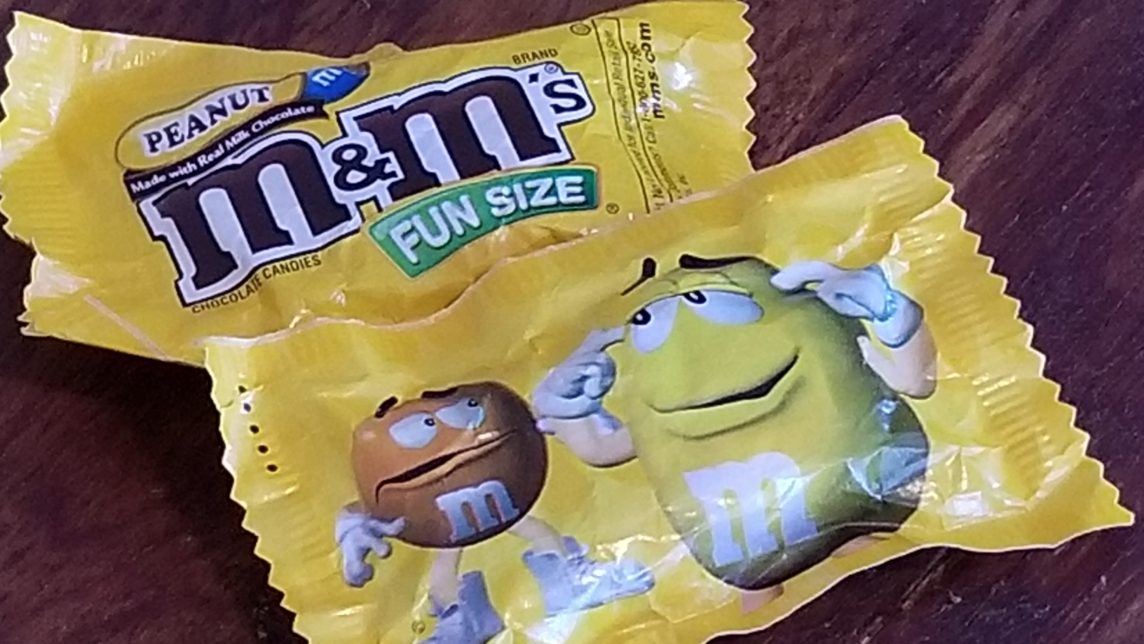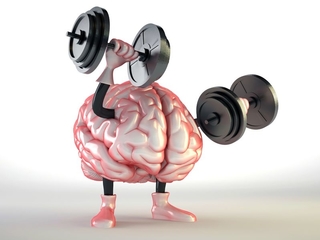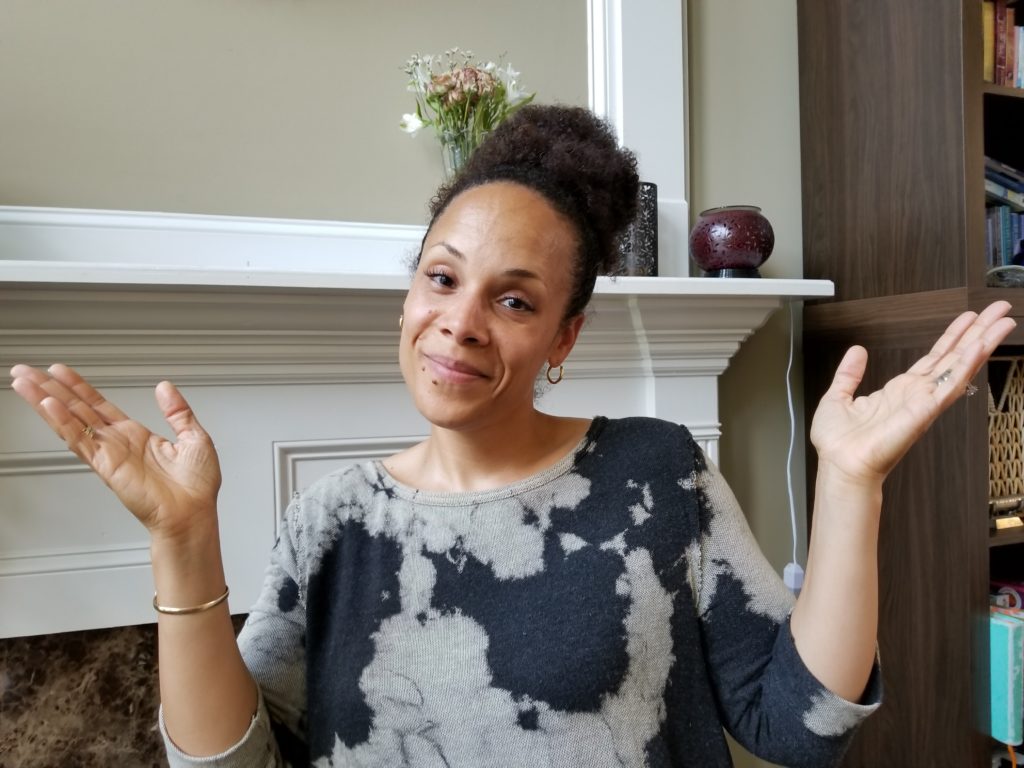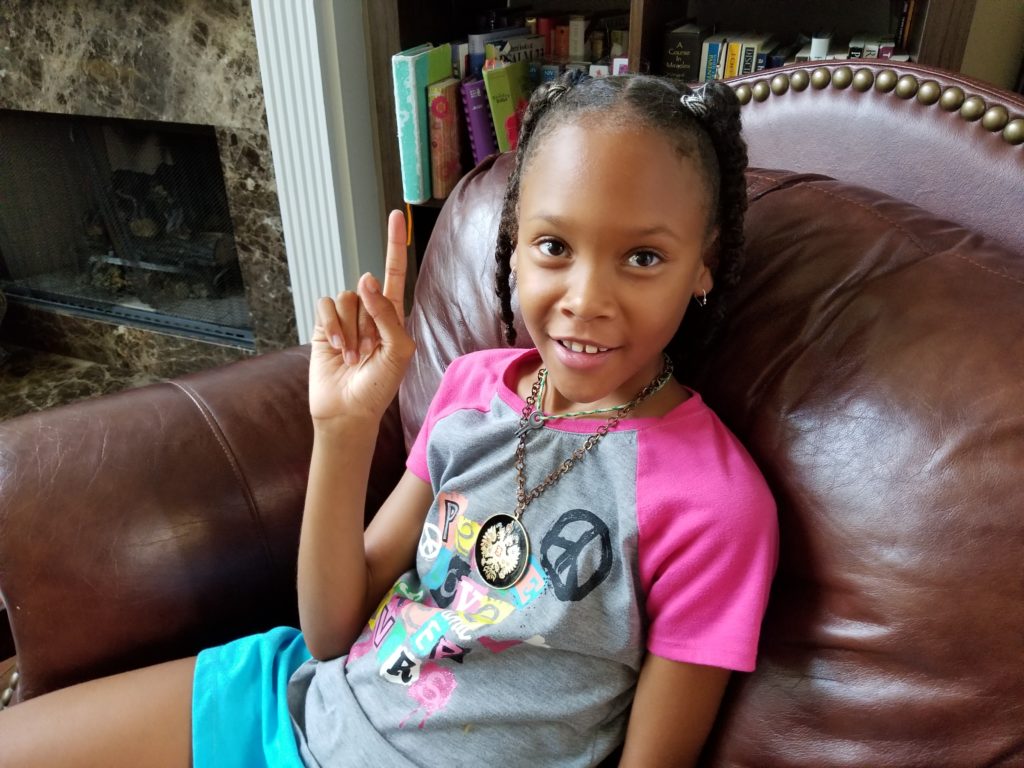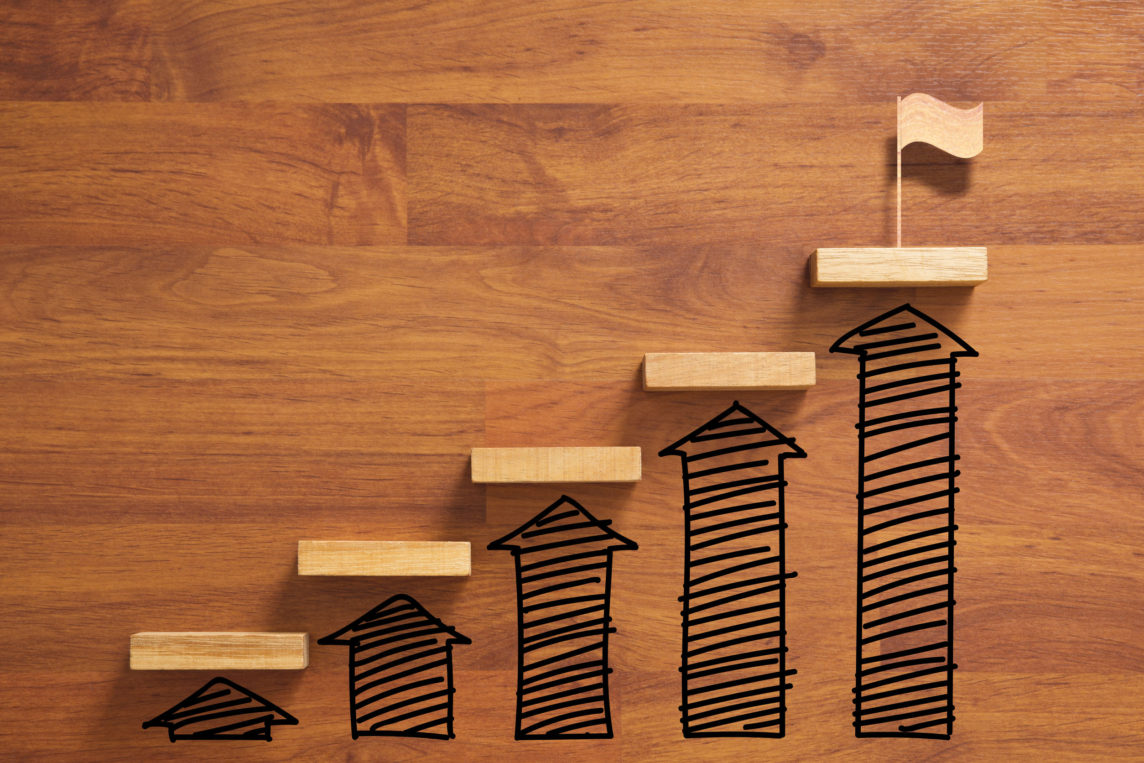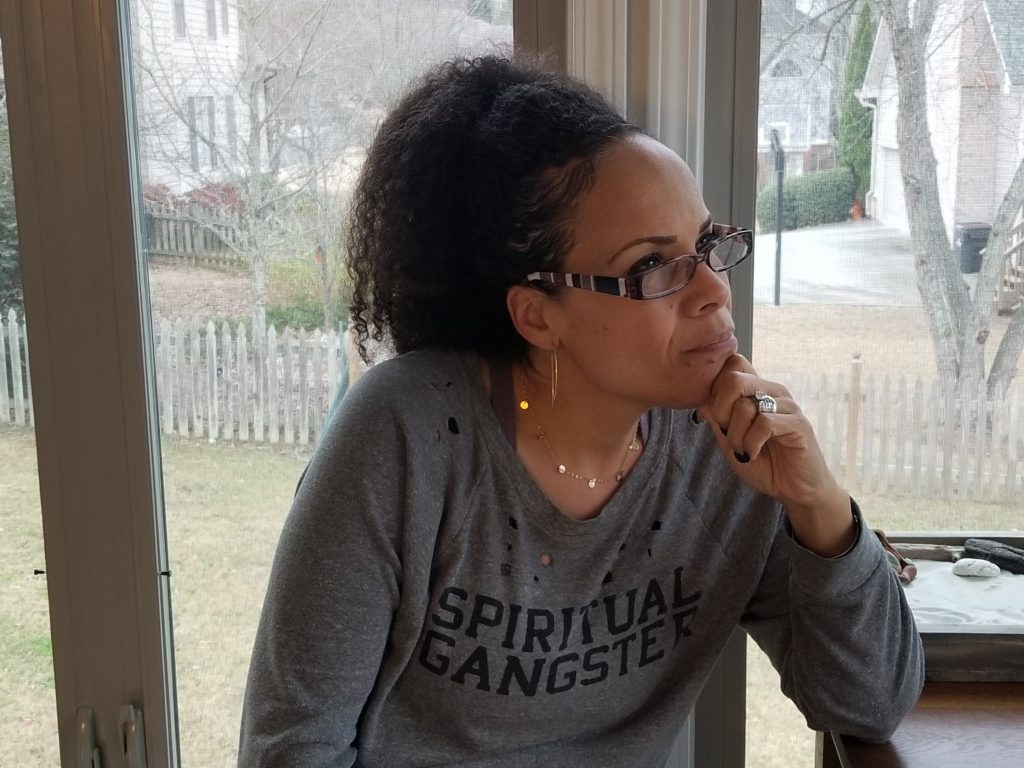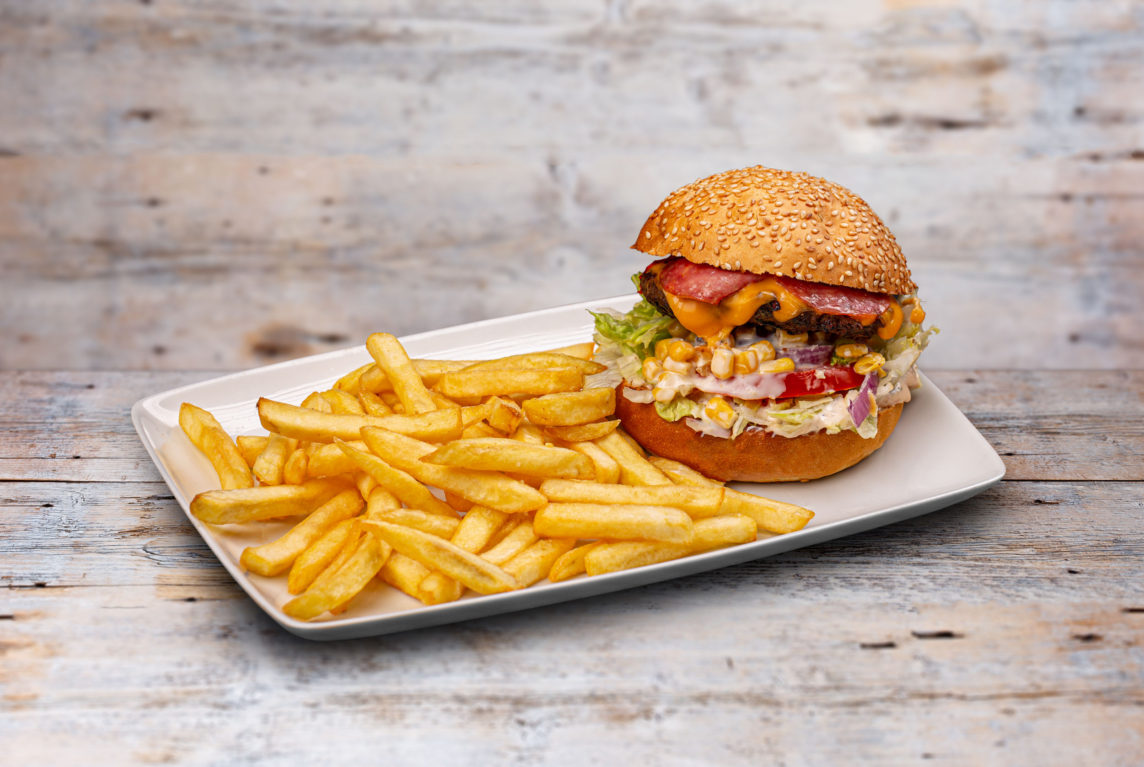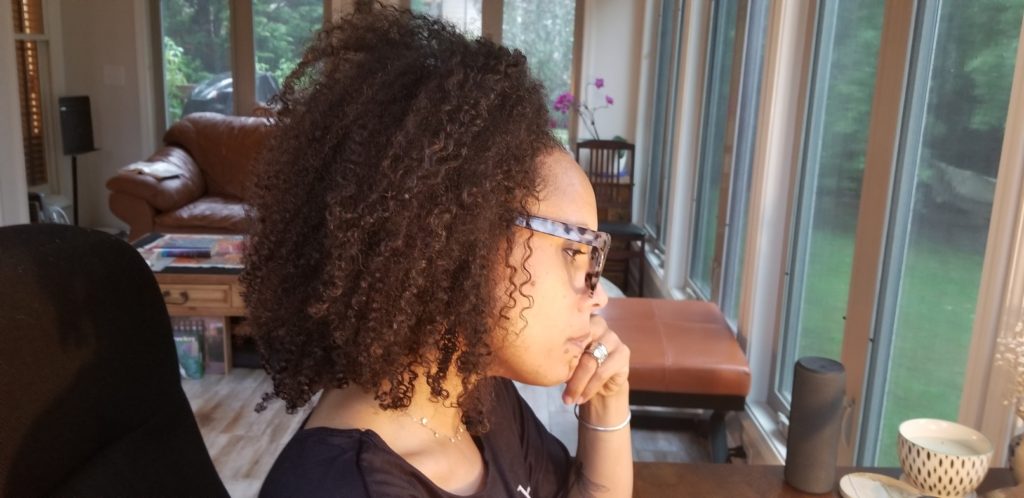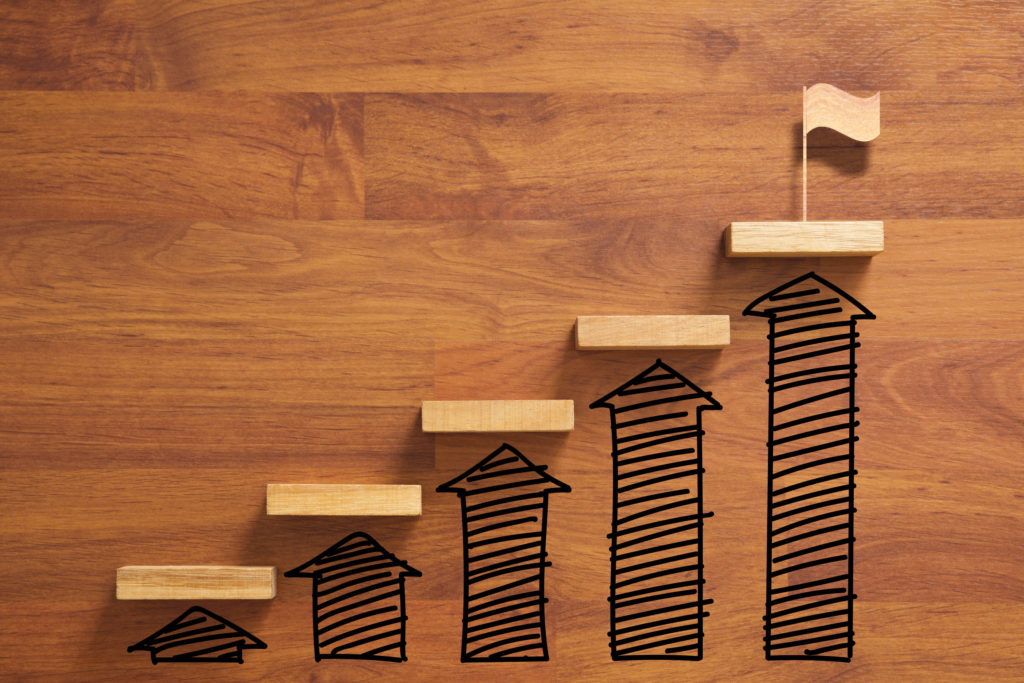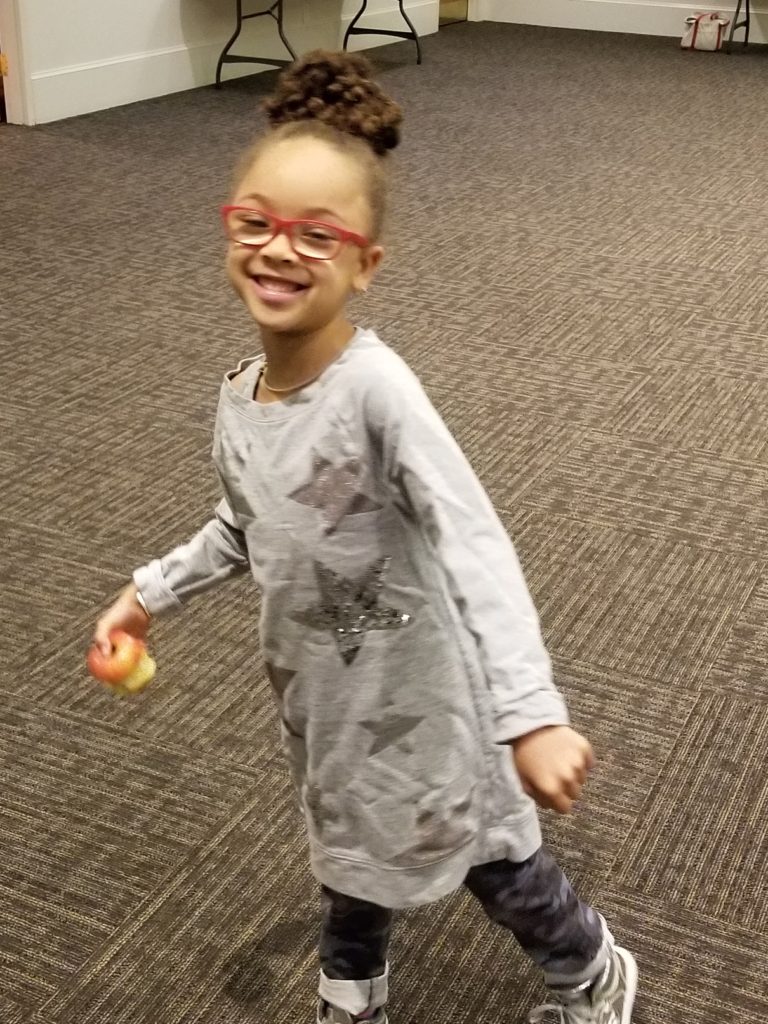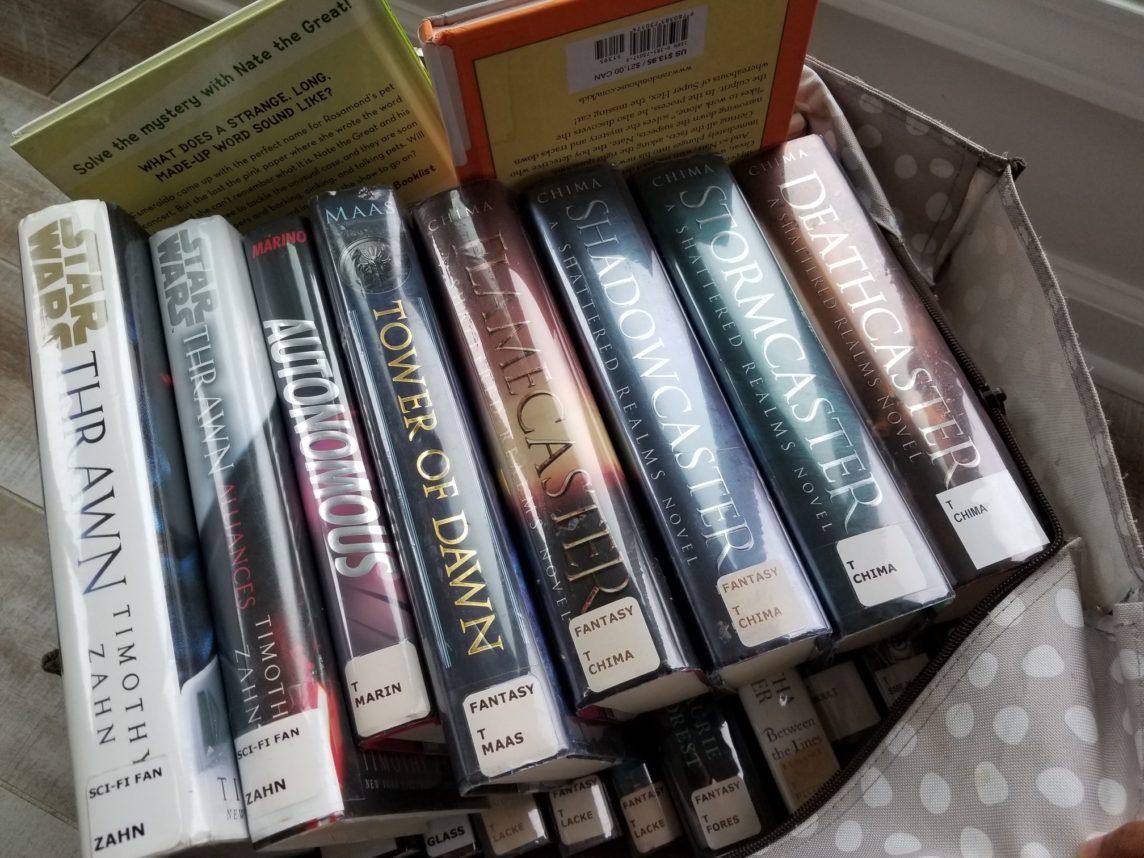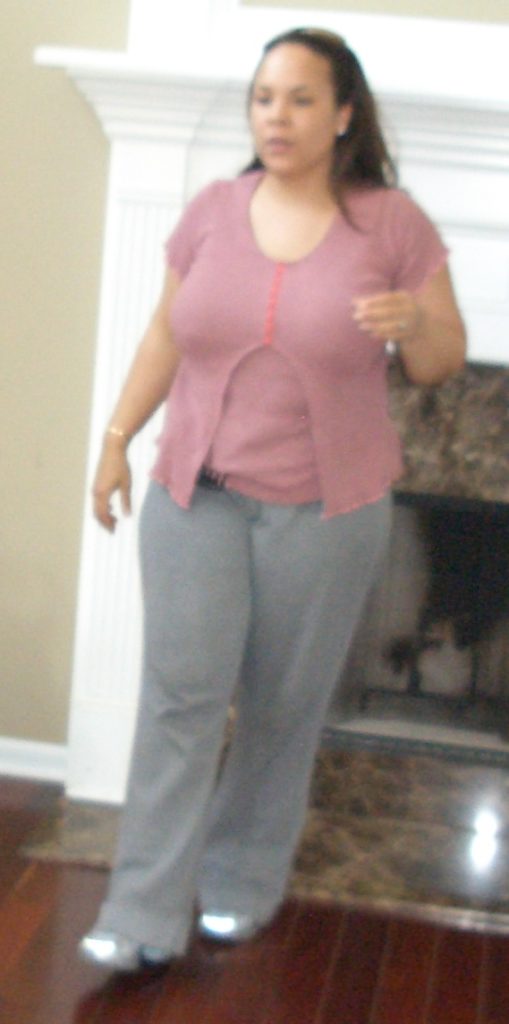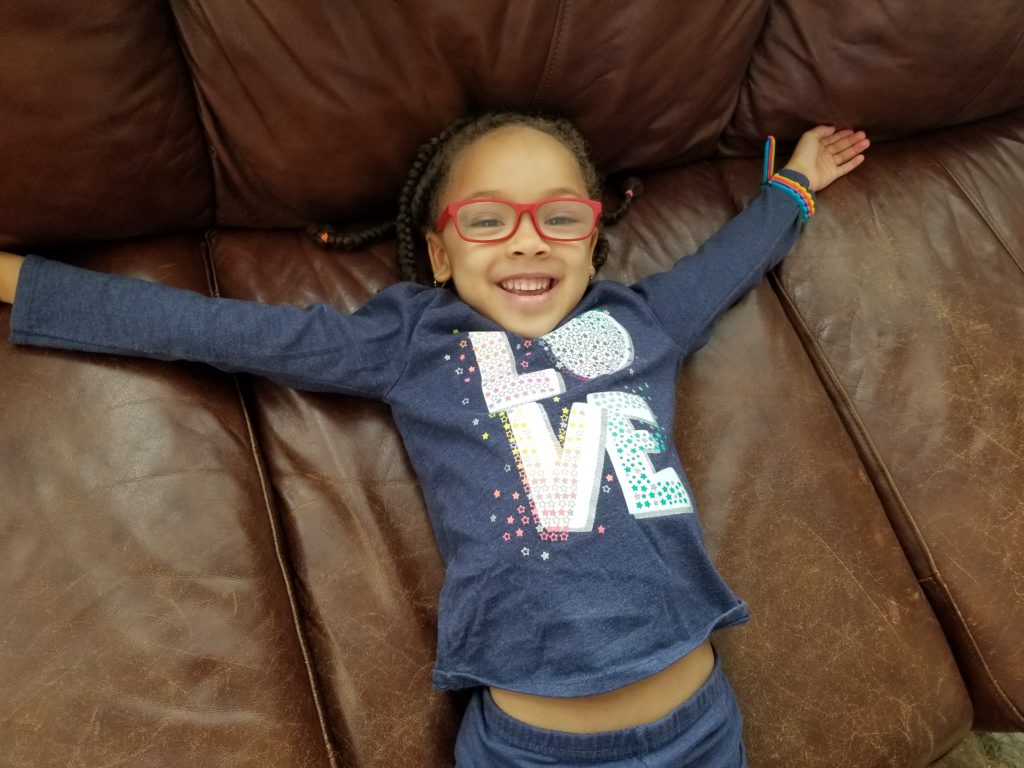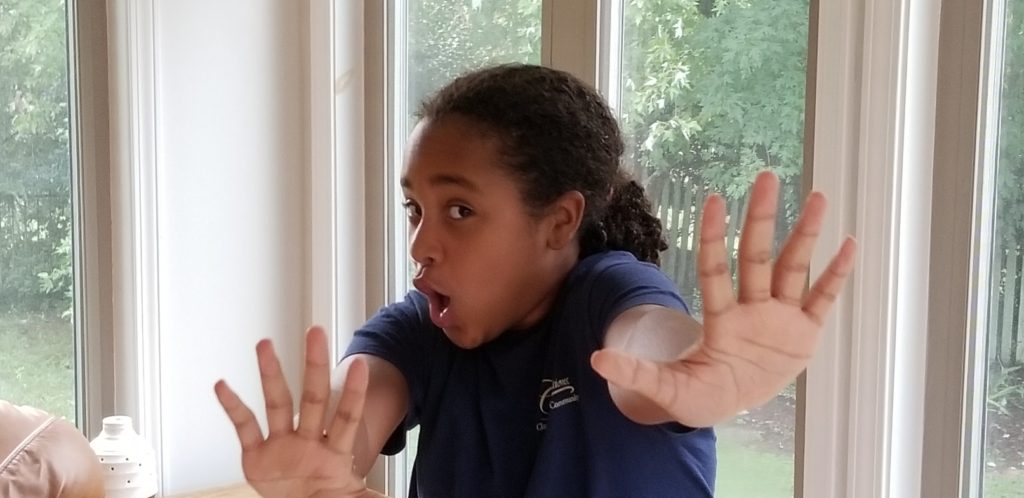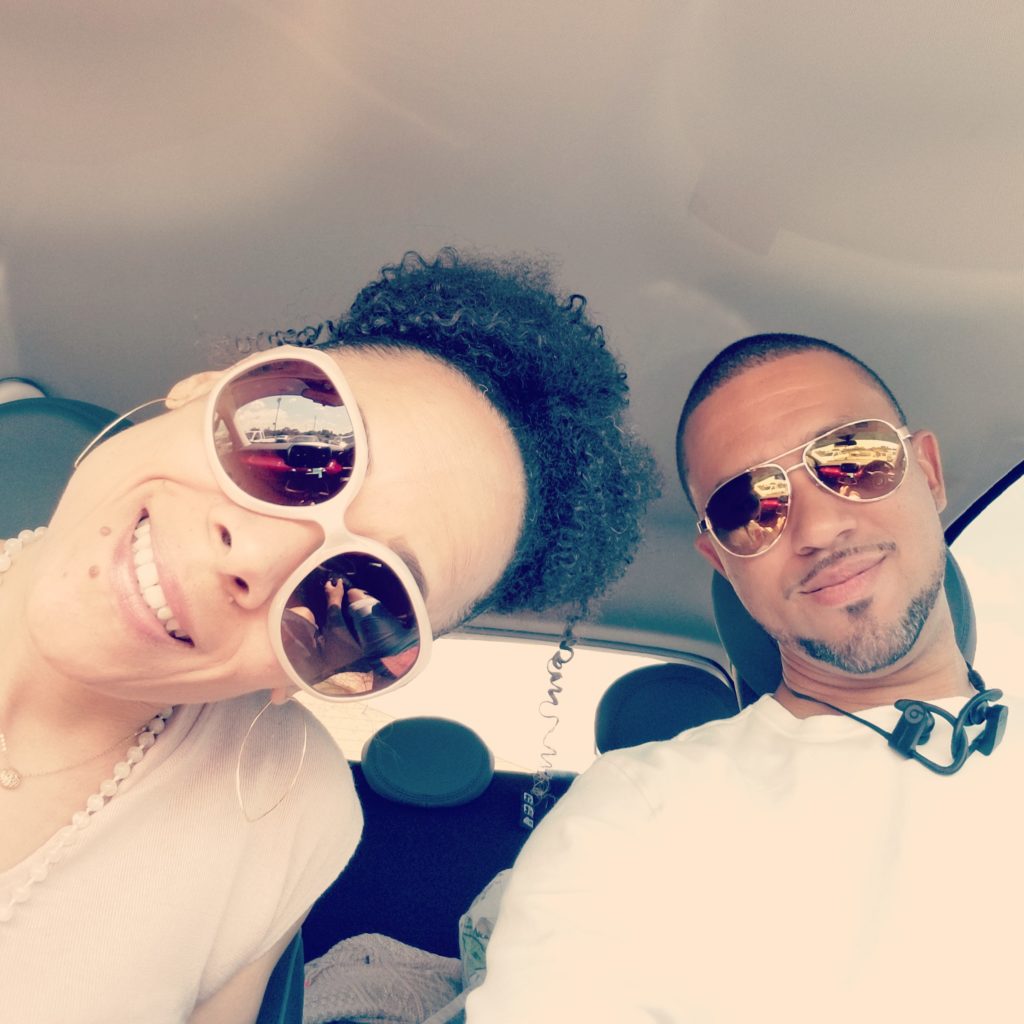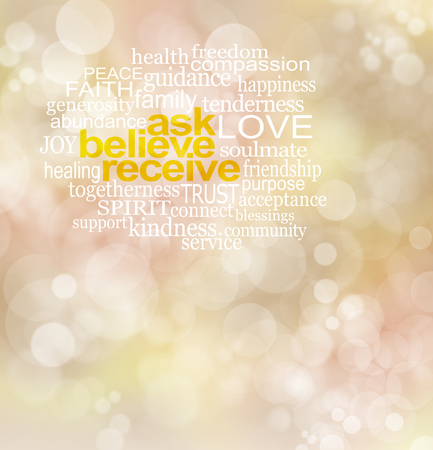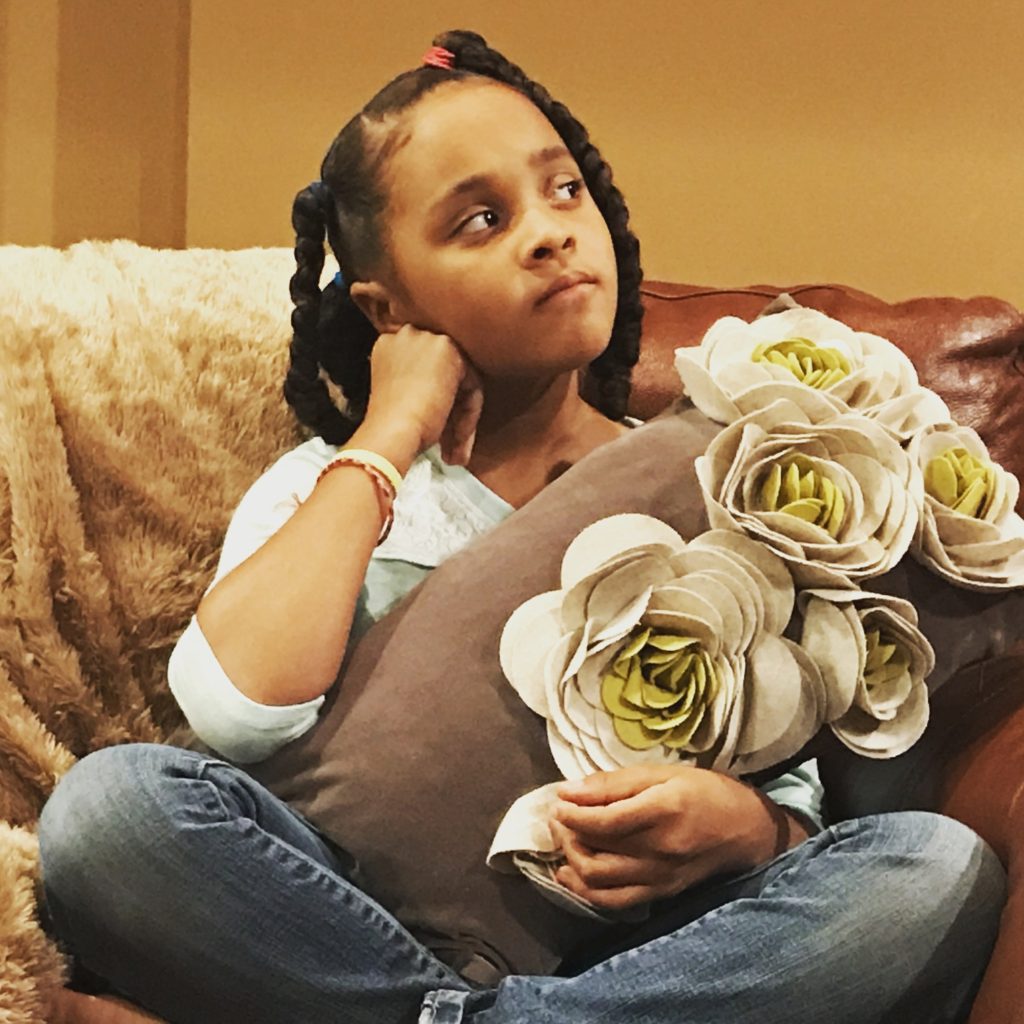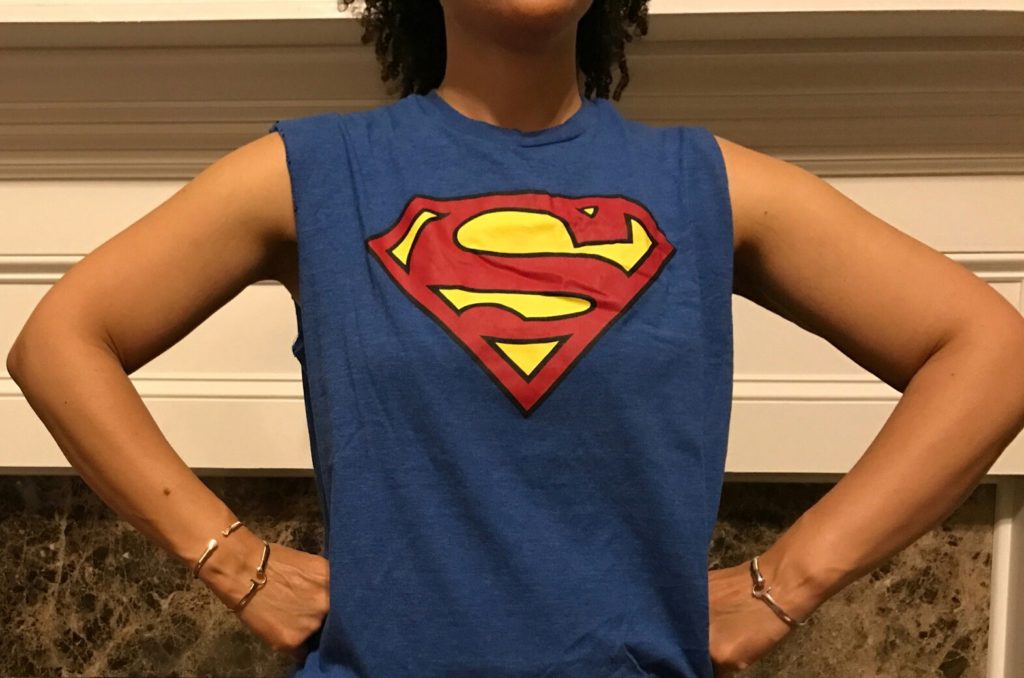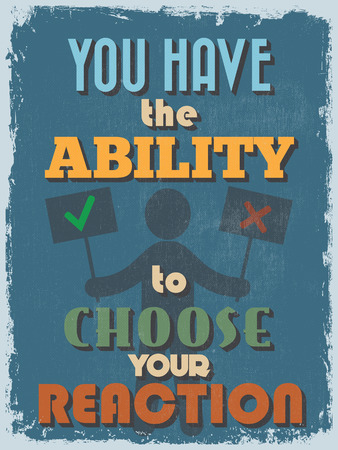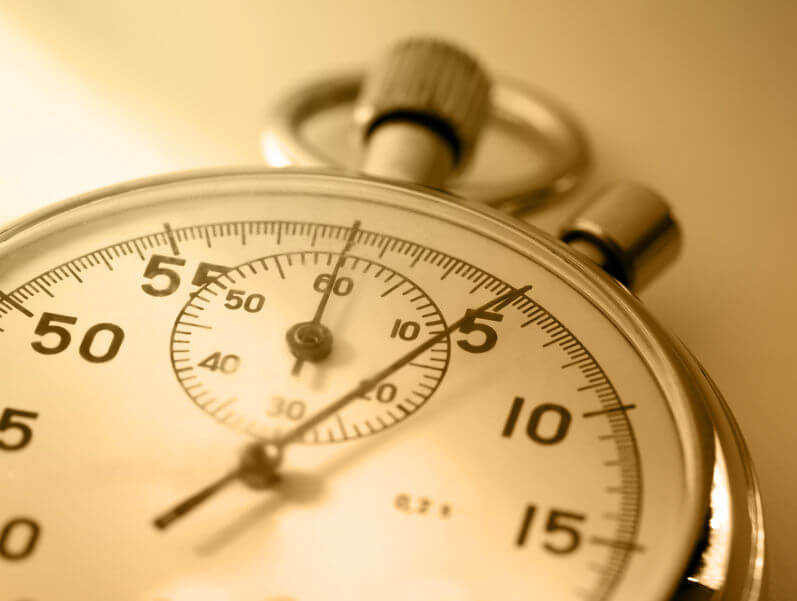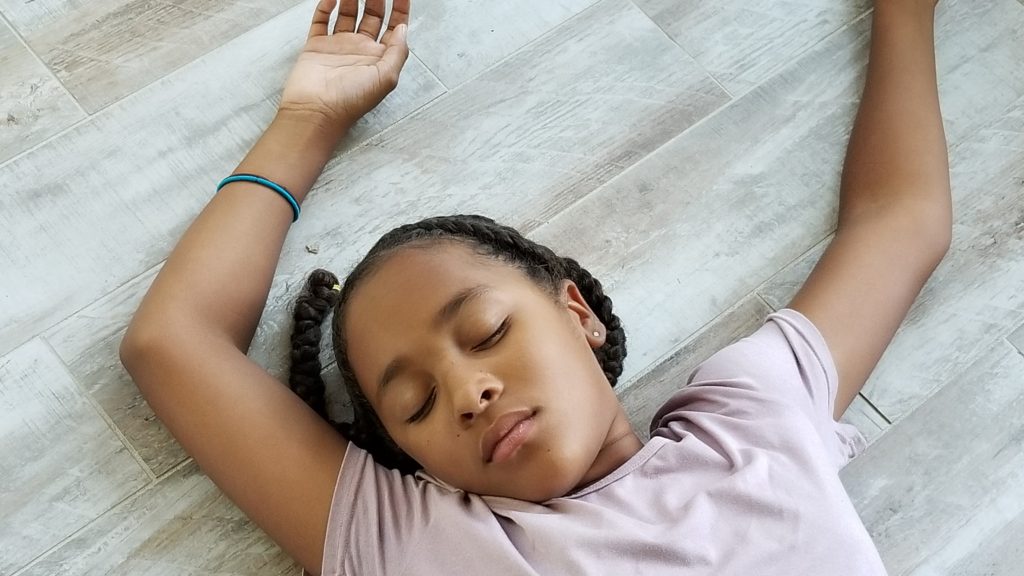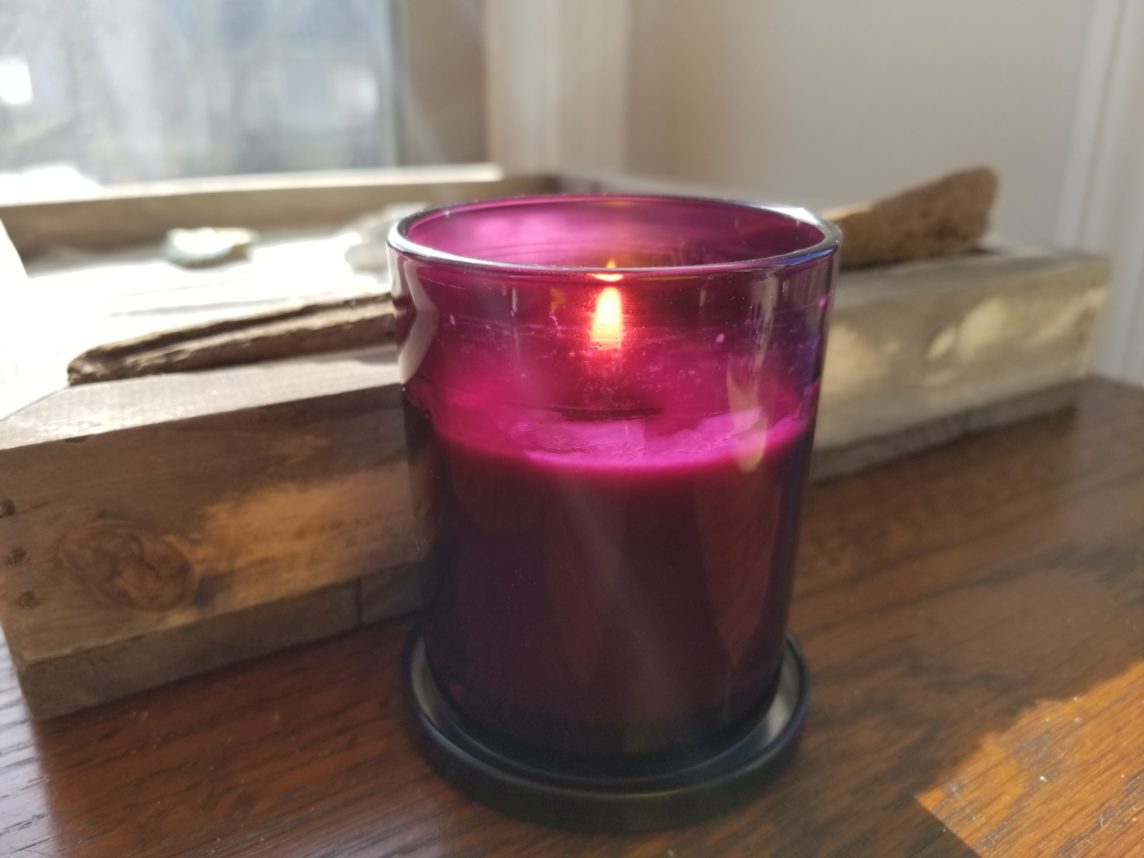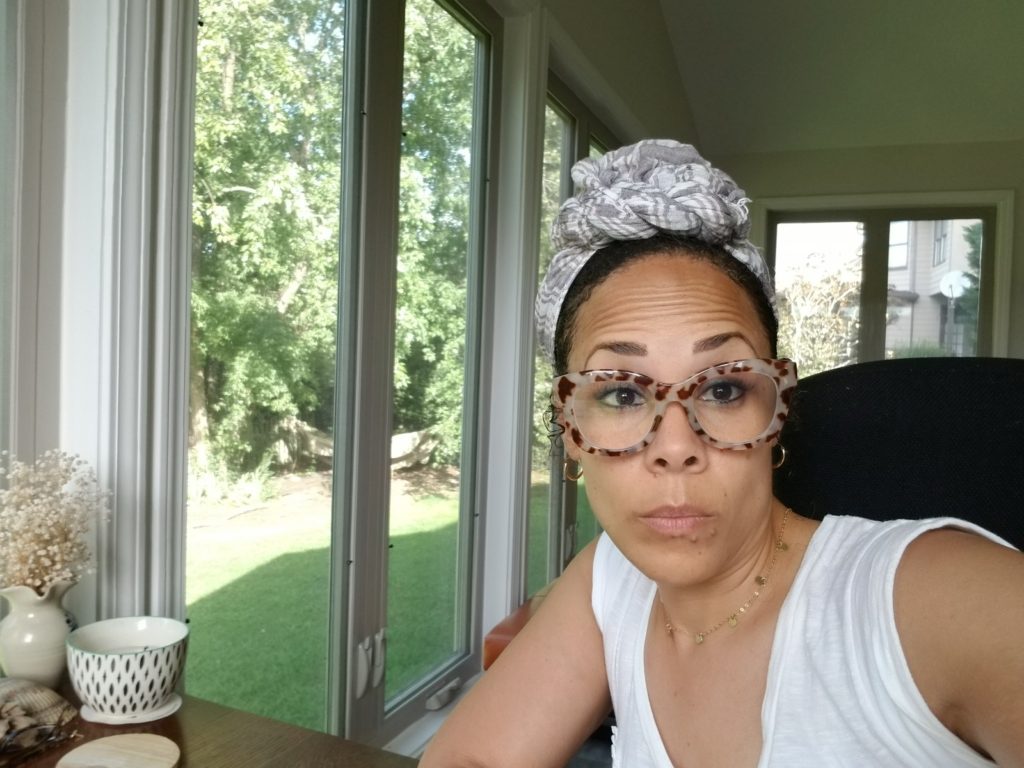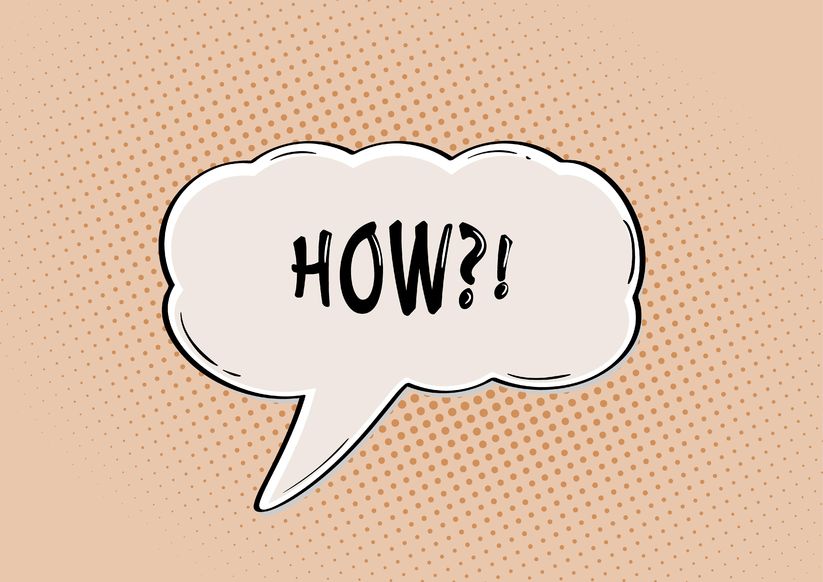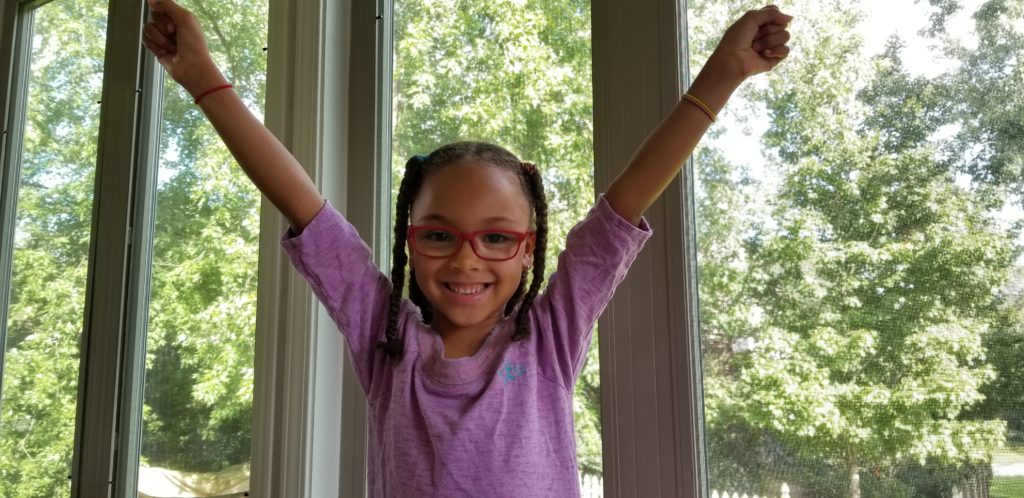Welcome – I’m glad you’re here! This week we’re going to talk about a topic that gets us deep into the root of our weight loss journey: Emotional eating.
We’re not born with an emotional eating problem. As babies, we eat for fuel. Our tummies growl with hunger, we cry, and we get fed. It works!
But then we learn that when we do something that an adult likes, we get candy. When a special occasion happens, special foods are prepared and served. Cakes are decorated and eaten on birthdays, cookies are baked because mommy loves us, and a team win is celebrated with a trip out for ice cream.
We learn to eat emotionally.
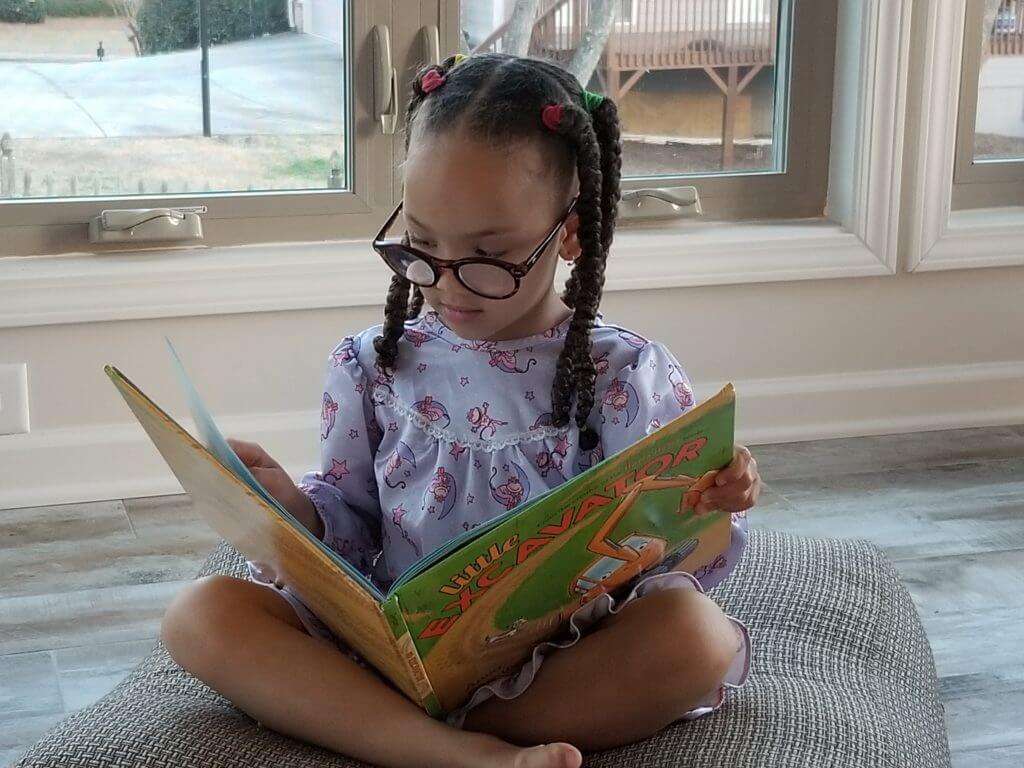
We are taught that food is the solution to so much more than hunger – it solves boredom, worry, stress, fatigue, and anxiety. Food is for entertainment, reward, and comfort. We learn that some foods are “comfort” foods like mac and cheese, some are fun foods (chips, candy, popsicles), and some foods are “good” but not fun (like veggies). Somewhere along the journey to becoming overweight, we realize that we’re eating for reasons that use food to solve problems other than hunger. We label it “emotional eating” and think that we’ll never lose weight if we don’t stop it.
Emotional eating isn’t a problem.
In fact, it’s not what’s causing you to be overweight.
I know – right now you’re saying, “Wait – isn’t emotional eating a bad thing? Didn’t you just say that emotional eating is why I have a weight problem?”
Actually, no. I said that when you eat to solve emotions instead of hunger, you will eat more than you need and gain weight. This is a uniquely human problem. You don’t see birds binging on the bugs they eat or cows eating grass until they’re too full to stand up. Animals eat for hunger only. But as humans, we eat for pleasure and flavor as well. We prepare and arrange and decorate food – eating is more than satisfying hunger for us.
All eating is emotional eating.
The question really is: What emotion is generating the food choice you’re making? When you buy fresh veggies and leafy greens at the farmer’s market, prepare a lovely salad with homemade dressing and grill your squash and peppers, why did you do all that? You may feel deserving of a meal full of foods that fuel your body. You might feel committed to your food plan. You may feel loving toward yourself and want to give yourself the gift of a whole foods meal. You might choose to bypass snacking on popcorn while you write emails because you know that you want to eat only when you’re hungry and you know you use the popcorn to distract you from feeling the boredom of writing more emails.
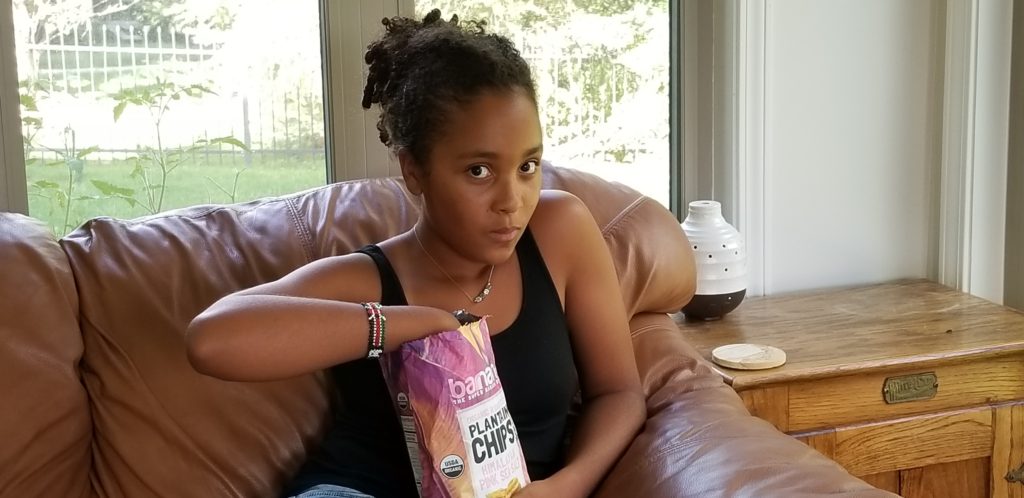
You get to choose emotions that serve your plan for weight loss.
The only question is how you generate the emotions that serve your weight loss plans instead of sabotaging them? The key is in your mind! What you think creates your emotions, and that’s what gets you the results you want. Is it hard to create emotions that keep you on track for your weight loss goals? No, but it does take practice. And just like any good student in training, you’ll get there faster/easier/better with a coach. If you know that what you need is a coach to help you sort out what’s keeping you from your weight loss success, I can help! Email me at drandreachristianparks@gmail.com and let’s set up a consultation. Let’s get moving toward your goal!
Here’s your video help for the week!

